Center for Machine Learning and Health
2024 Generative AI in Healthcare Fellowships
Meet the 2024 CMLH Generative AI in Healthcare Fellows
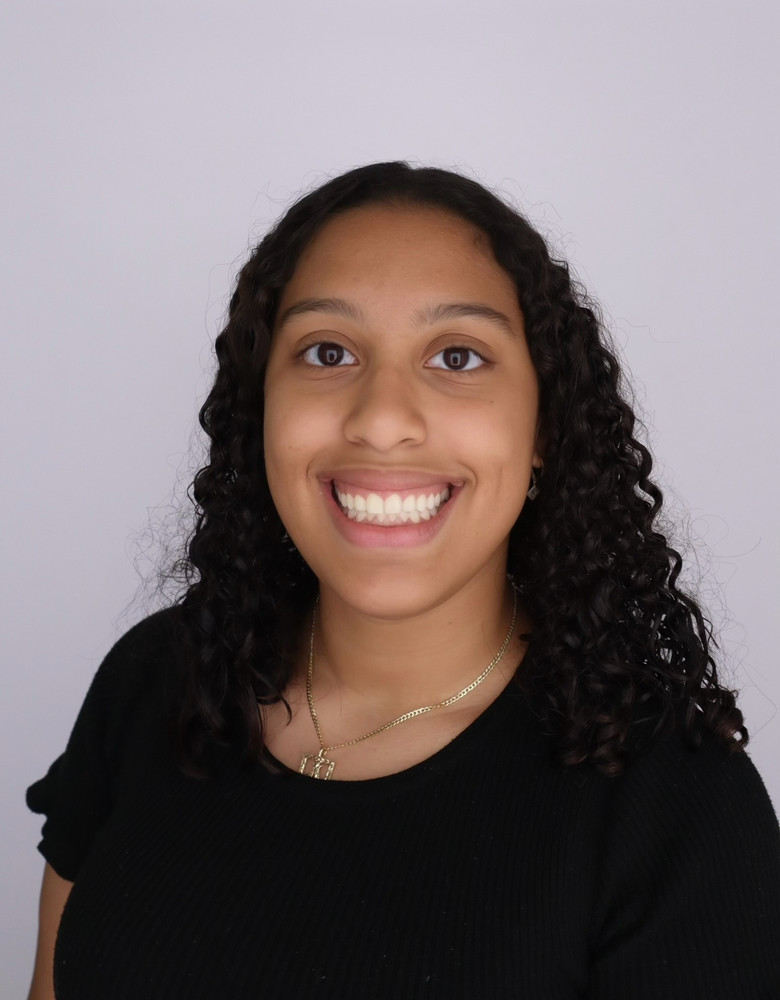
Ann Badia is a Ph.D. student in the Biomedical Engineering Department, advised by Tagbo H.R. Niepa. Her research focuses on leveraging generative AI and advanced microfluidics technologies to enhance the rapid identification of antibiotic-resistant bacteria and predict antimicrobial susceptibility, with applications in improving diagnostics and treatment in oral healthcare. By combining high-throughput microbial analysis with cutting-edge AI models such as generative adversarial networks (GANs) and convolutional neural networks (CNNs), her work aims to revolutionize personalized medicine and combat the global challenge of antimicrobial resistance. Before joining Carnegie Mellon, Ann completed her bachelor of science in biomedical engineering at Binghamton University.
Fellowship Research: “Leveraging Generative AI for Rapid Bacterial Identification and Antimicrobial Susceptibility Testing To Improve Diagnostics and Treatment in Oral Healthcare”
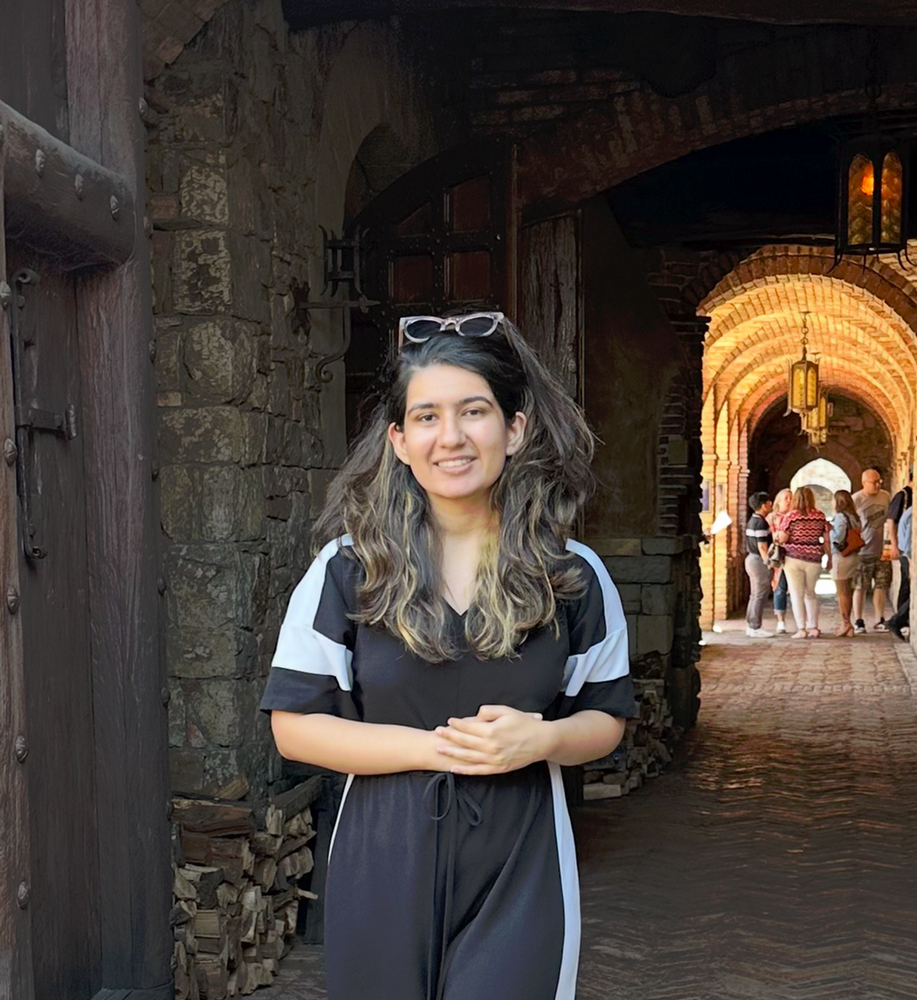
Shreya Bali is a Ph.D. student in the Human-Computer Interaction Institute (HCII) mentored by Associate Professor Mayank Goel. She works at the intersection of machine learning and human-computer interaction, and develops systems that empower individuals to make informed decisions, particularly in healthcare and other high-stakes domains. Through her current projects, she is creating systems that support nonmedical experts in understanding, reporting and tracking their health conditions. She received her bachelor's and master's degrees in computer science from Carnegie Mellon.
Fellowship Research: “MedPaperForMe: Automatically Creating Personalized Representations of Medical Research Papers for Non-Expert Users To Aid Online Health Information Seeking”
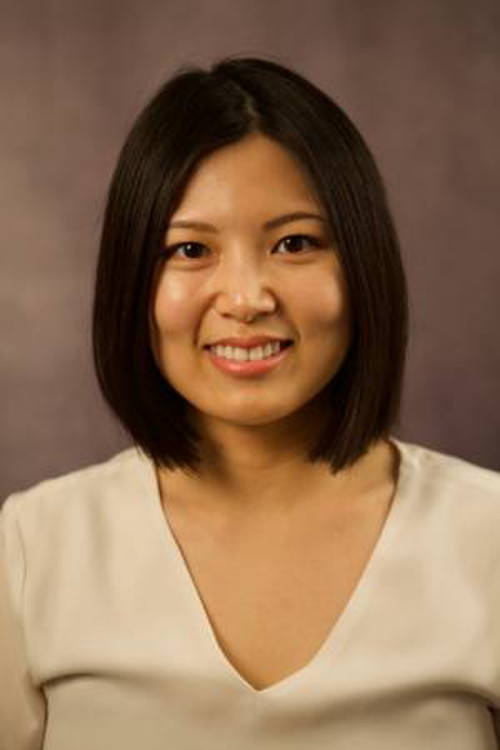
Angela Chen is a Ph.D. student in the Robotics Institute, advised by Associate Professor Haiyi Zhu. She specializes in human-centered artificial intelligence (HAI) and is passionate about developing technologies to enhance the quality of human life. Her current research focuses on leveraging generative AI to improve the training of mental health providers, with the ultimate goal of making mental health services more accessible. She earned her bachelor's and master's degrees from the University of Illinois at Urbana-Champaign.
Fellowship Research: "Harnessing Generative AI To Enhance Mental Health Provider Training: Developing Adaptive Virtual Patients With Multi-Session Capabilities"
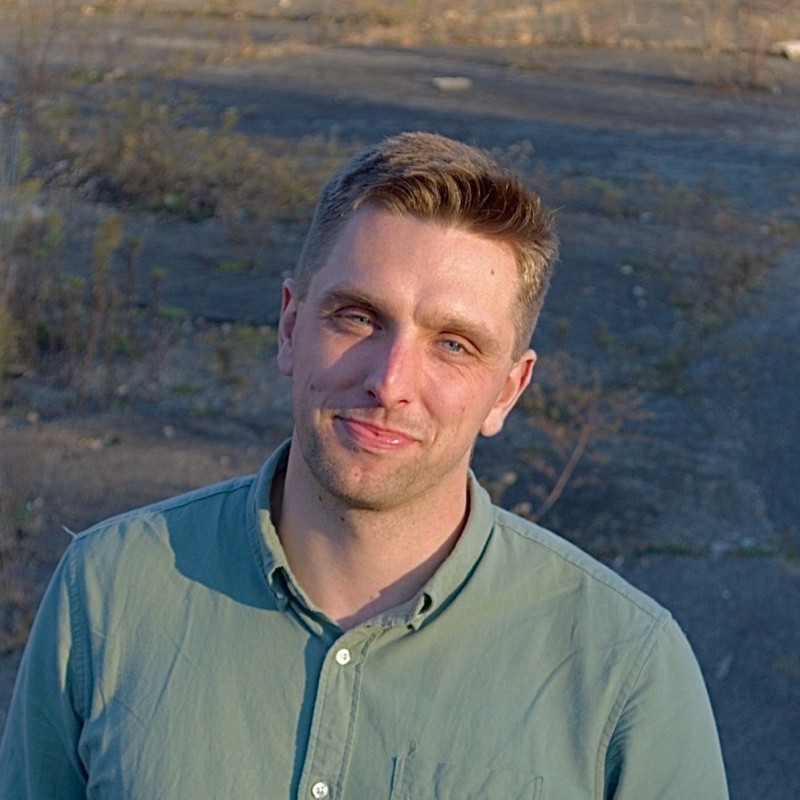
Bardienus (Bart) Duisterhof is a fourth-year Ph.D. student in the Robotics Institute, advised by Assistant Professor Jeffrey Ichnowski. His research focuses on enabling super-human perception for scalable robot automation. His work contributes foundation models to accurately track, render and predict the movements of deformable and transparent objects. To this end, Bart's work provides rich representations for efficient and robust robot learning. His work is particularly relevant in robot assistance in the medical domain, where precision and robustness are critical for scalable adoption.
Fellowship Research: “Generative 4D Foundation Models for Robust Robot Assistance in Hospitals”
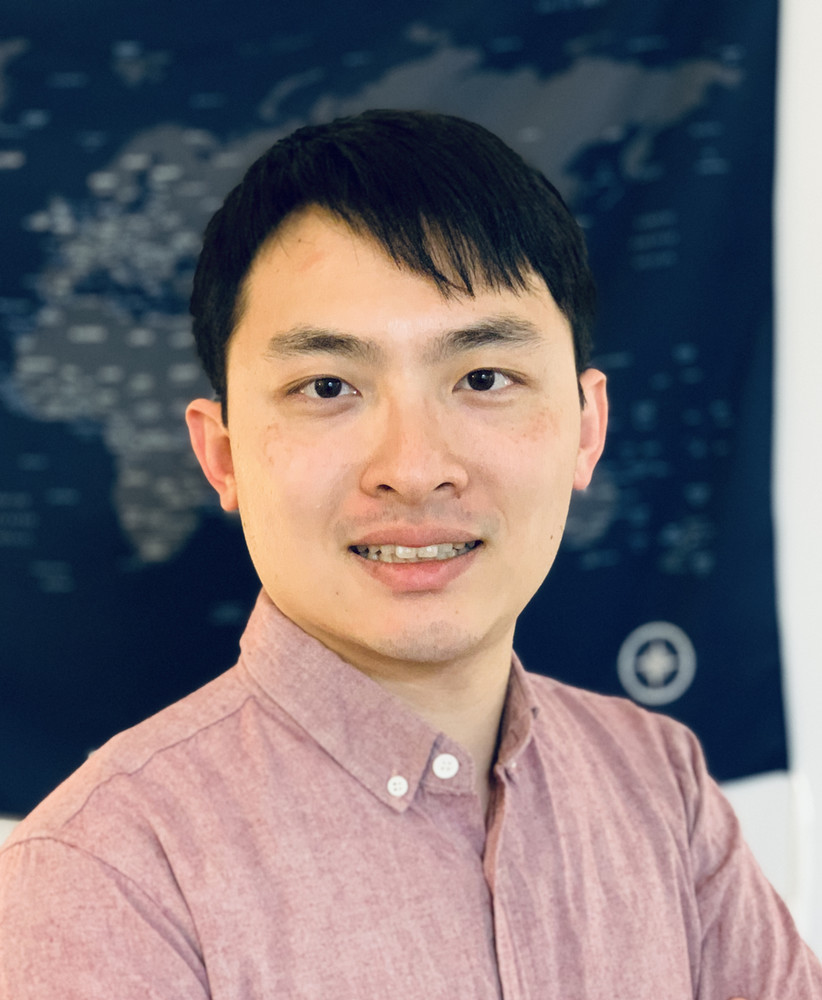
Fellowship Research:"An Automated Cell-Free DNA Methylation Deconvolution Predictor Using Generative Adversarial Networks and DNA Language Models"
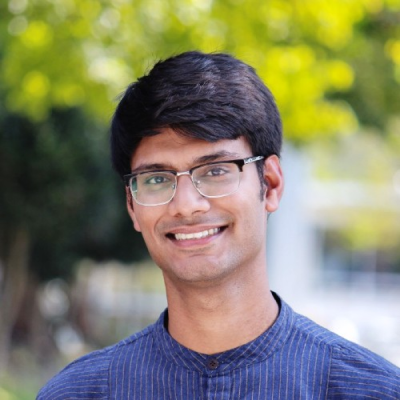
Arpit Mathur is a Ph.D. student in the HCII advised by Assistant Professor Adam Perer. His research, which primarily spans the fields of artificial intelligence, data visualization and healthcare, focuses on exploring how technology can empower professionals and patients to make informed decisions. Currently, he is investigating the impact of explainable AI interfaces on clinician trust across various clinical settings. Previously, Arpit completed his master's degree in human-computer interaction at the Georgia Institute of Technology.
Fellowship Research: “Explainable Generative AI To Improve the Experience and Education of Trainees in Radiology”
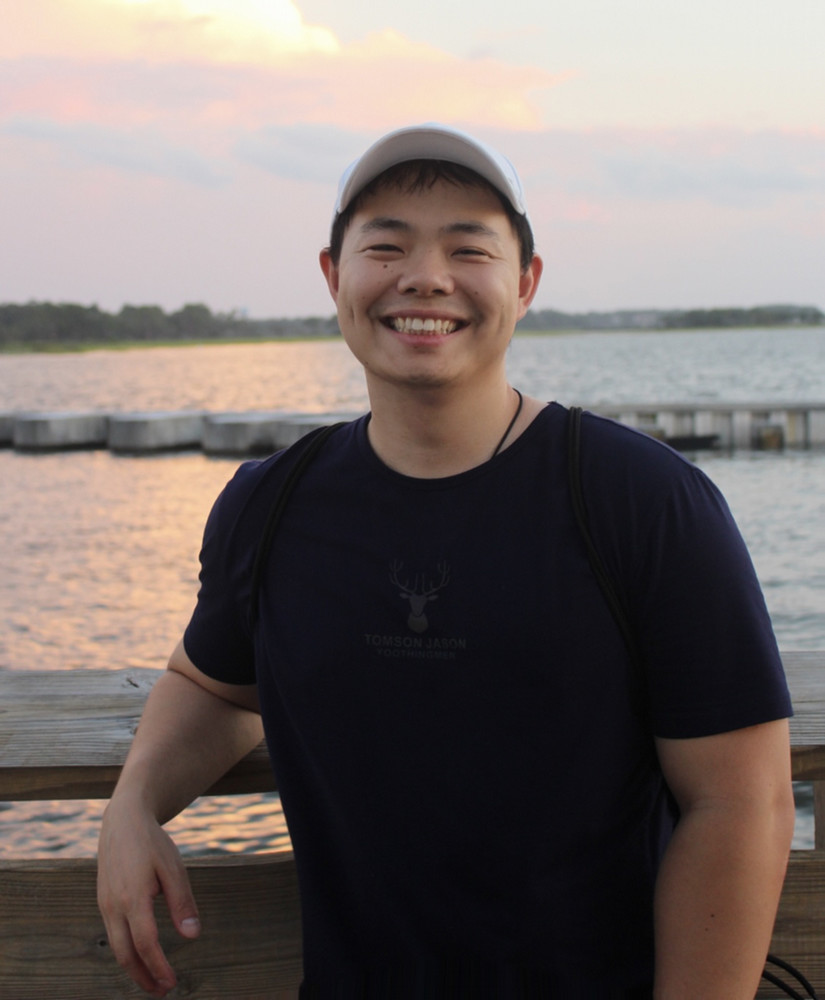
Yubo Li is a Ph.D. student in Information Systems, advised by Professor Rema Padman and Ramayya Krishnan, dean of the Heinz College. His research focuses on leveraging large language models (LLMs) and machine learning to enhance robustness and reliability in healthcare systems. Yubo is particularly interested in developing Q&A systems that mitigate hallucinations and ensure responses are grounded in verified information, addressing high-stakes challenges like organ transplantation. His work also examines LLM performance in sequential interactions, identifying and addressing vulnerabilities such as acquiescence bias and inconsistencies that arise during multiturn conversations. By advancing the resilience and transparency of LLMs, Yubo aims to revolutionize healthcare decision-making, empowering patients and medical professionals with more effective and reliable AI-driven solutions. Yubo received a bachelor’s degree in applied mathematics from the University of California San Diego and a master’s degree in information systems from CMU.
Fellowship Research: “Developing Agentic AI Systems for Accurate and Resilient Healthcare Guidance in Organ Transplantation”
